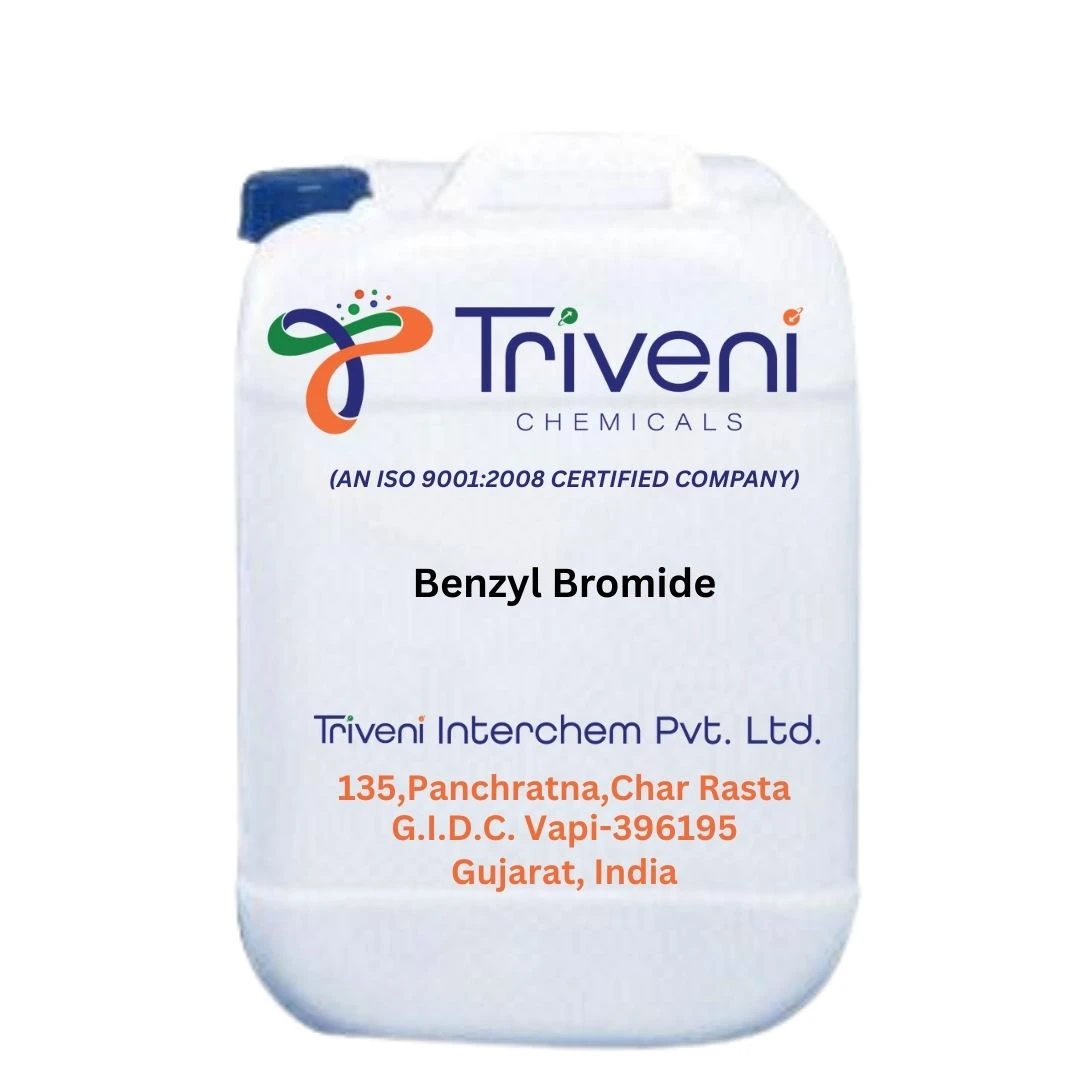A group of extremely reactive chemical substances known as alkylating agents are important in the field of chemotherapy and cancer treatment. These substances can add alkyl groups, which are normally made up of carbon and hydrogen atoms, to different cellular components like DNA, RNA, and proteins. The process of alkylation..
A group of extremely reactive chemical substances known as alkylating agents are important in the field of chemotherapy and cancer treatment. These substances can add alkyl groups, which are normally made up of carbon and hydrogen atoms, to different cellular components like DNA, RNA, and proteins. The process of alkylation interferes with the normal operation of these biomolecules, specifically DNA replication and repair. As a result, cells exposed to alkylating chemicals frequently suffer serious harm, which results in cell death or poor growth. Alkylating substances are frequently used in the management of cancer. Medical practitioners can more effectively target and harm cancer cells that are dividing quickly than healthy cells by injecting these substances into the body. A variety of malignancies, including leukemia, lymphoma, and solid tumors, have been treated with alkylating drugs. Because they are non-selective and damage both malignant and healthy cells, their use is frequently accompanied by negative side effects. Alkylating substances can be divided into two groups: classical and non-classical alkylating substances. Traditional alkylating medications, such cyclophosphamide and chlorambucil, have a long history of usage and are widely accepted as effective cancer treatments. They operate by directly introducing alkyl groups to the DNA bases, causing DNA cross-links to develop that prevent DNA replication and transcription. Conversely, non-classical alkylating drugs, such as temozolomide, have a more focused mode of action and are made to target particular cellular processes involved in the development and spread of cancer. The use of alkylating chemicals is not without difficulties, despite the fact that they are effective in the treatment of cancer. Their general nature can cause harm to healthy cells, leading to a variety of negative side effects, such as nausea, bone marrow suppression, and an elevated chance of developing secondary malignancies. Additionally, with time, cancer cells may become resistant to alkylating drugs, reducing their overall potency. Alkylating drugs, which exert their anticancer effects by destroying DNA and impairing critical cellular functions in rapidly dividing cells, are an important family of chemicals in cancer therapy. Despite the fact that their usage has substantially advanced the area of oncology, current research is concentrated on creating more selective and toxic alkylating agents to enhance the therapeutic results for cancer patients and lessen the negative consequences of their use.



